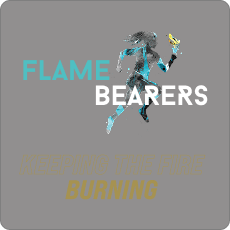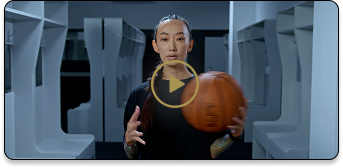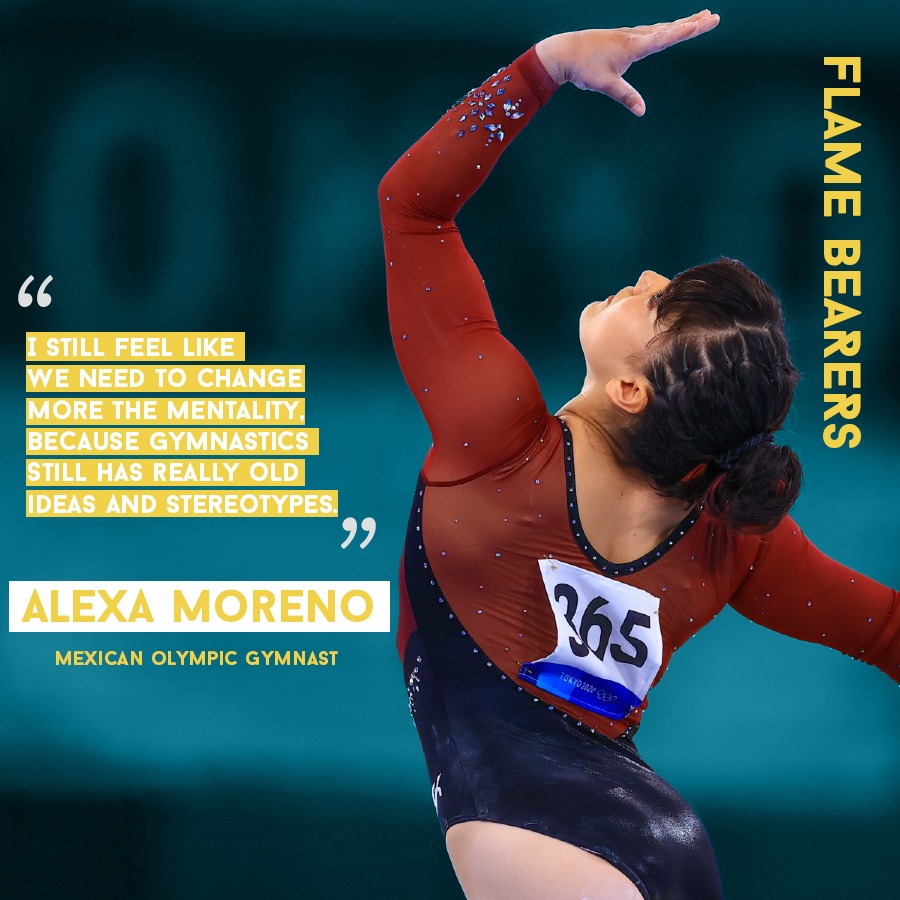Alexa is a 2x Olympian (Tokyo and Rio) and the first Mexican woman to win a World Championship Medal. She’s one of the 100 most powerful women in Mexico (via Forbes Magazine), yet according to her manager, Frida Martinez, “She doesn’t know she’s a role model. That’s her superpower. She doesn’t know she’s that big.”
In this episode we hear about Alexa’s tumultuous rode to Tokyo, her recovery after the Games, and her struggles with cyberbullying. As Alexa has spoken out about being cyberbullied, her influence outside of gymnastics has skyrocketed; she has become a global role model fighting against cyberbullies. Thank you to Alexa for trusting us to share her story on this sensitive matter!
This episode was made possible by Dana Mekler and the Harvard Kennedy School’s Mexico Conference. Thank you to teammates, Marissa Potter and Elizabeth Michael for your help bringing this story to life.
Experts Included:
-Frida Martina (Alexa’s Manager)
-Daniela Cueva (Alexa’s Physical Therapist)
-Stephanie Frederick, Associate Director, Alberti Center for Bullying Abuse Prevention
Media from the following sources were used in this episode (in order of appearance):
-TCL Electronics’ YouTube Channel: ‘Alexa Moreno | Mexican Artistic Gymnast’
-Gymnastics’ Fun’s YouTube Channel: ‘Alexa Moreno (MEX) 4th VT EF Tokyo Olympic Games 2020′
-Gymnastics’ Fun’s YouTube Channel: Alexa Moreno (MEX) FX 55th QF Tokyo Olympic Games 2020′
-Toyota ad: ‘Toyota Presents: Mexican Olympic gymnast, Alexa Moreno, the first Mexican gymnast to ever win a world championship medal…’



